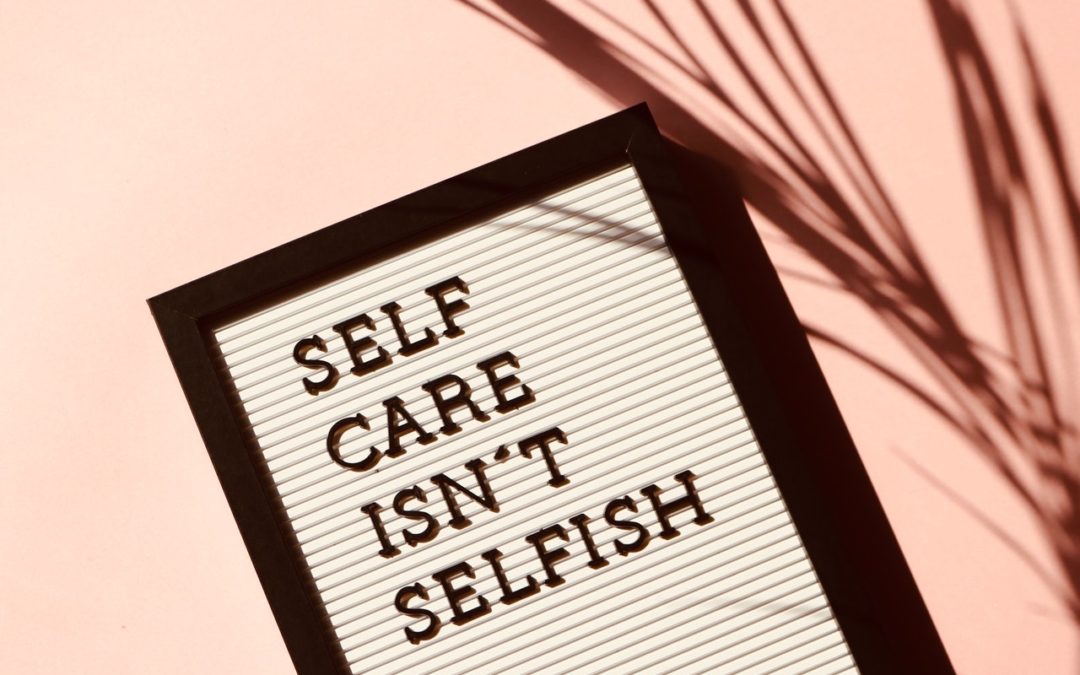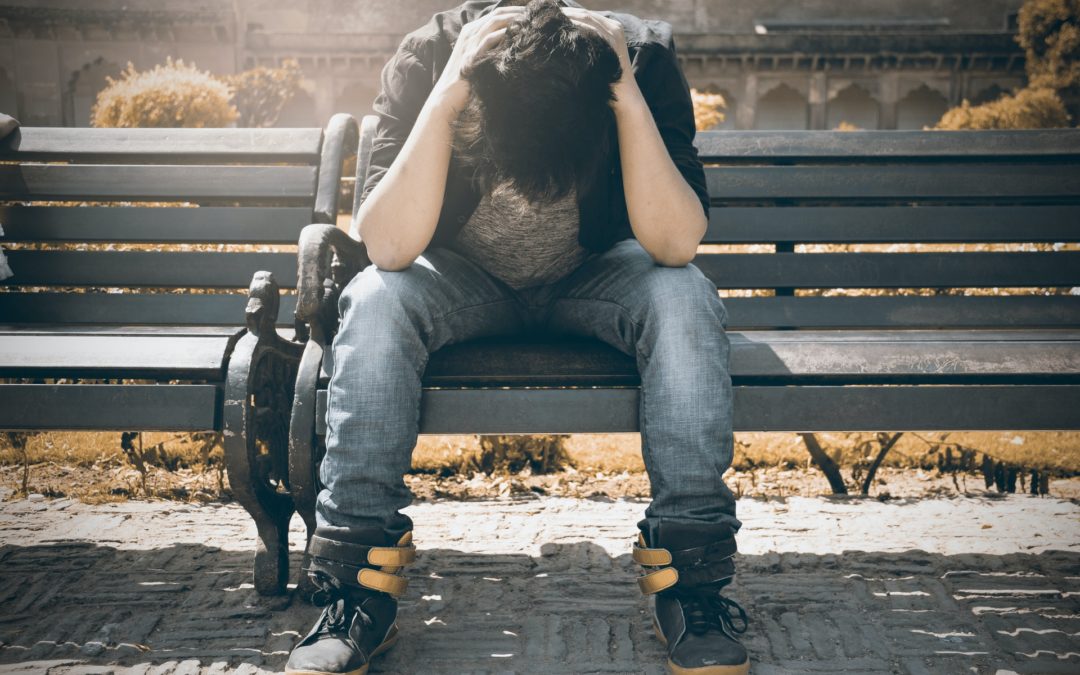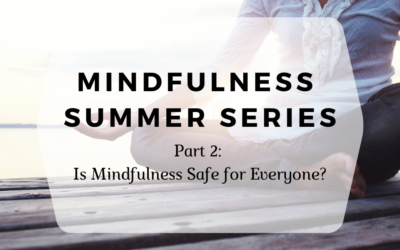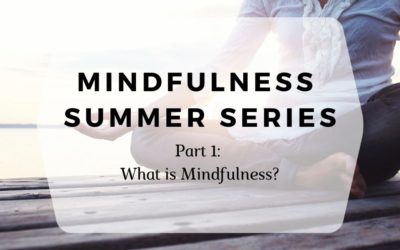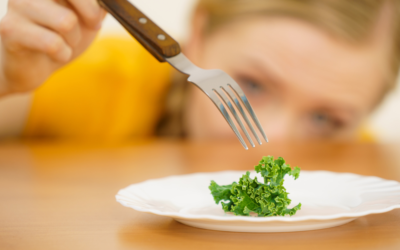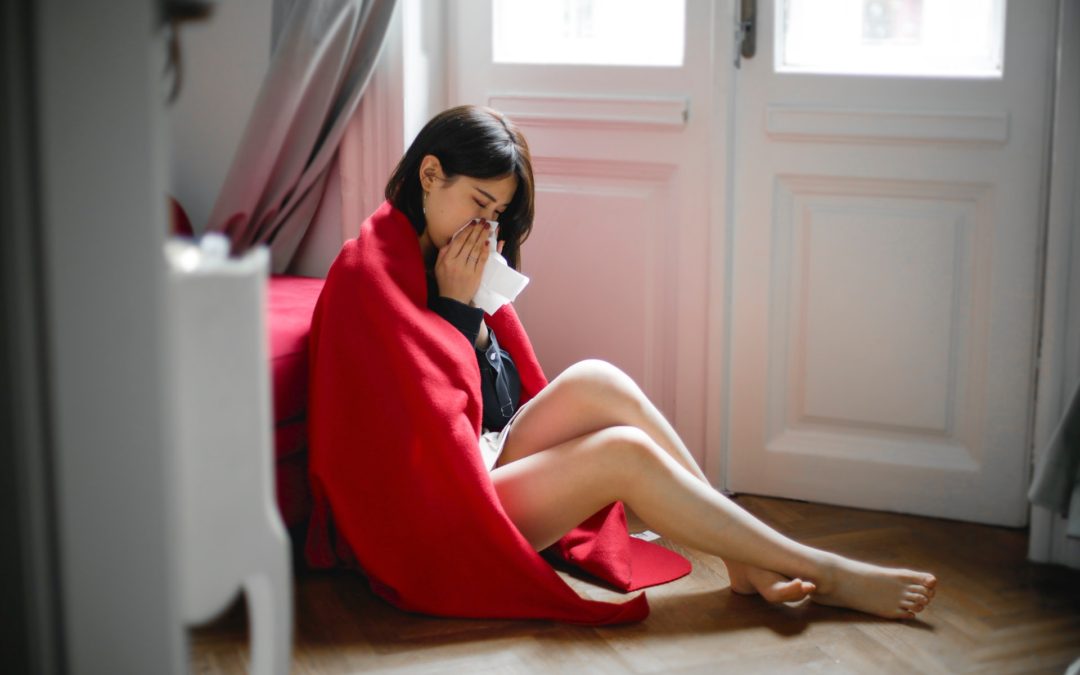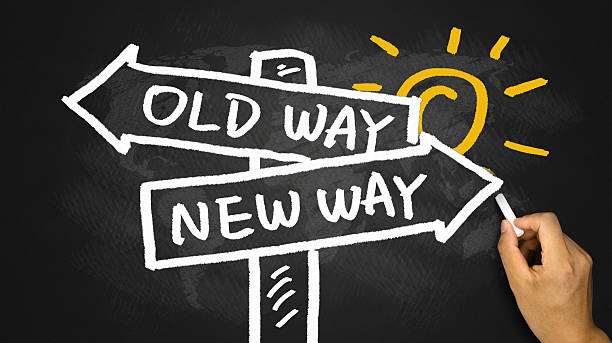In Part 1 of our Summer 2021 Mindfulness Blog Series, we learned what Mindfulness is and is not. We also answered the question about its link to religion. We encourage you to read all the blogs within the series for a comprehensive understanding. Today we would...
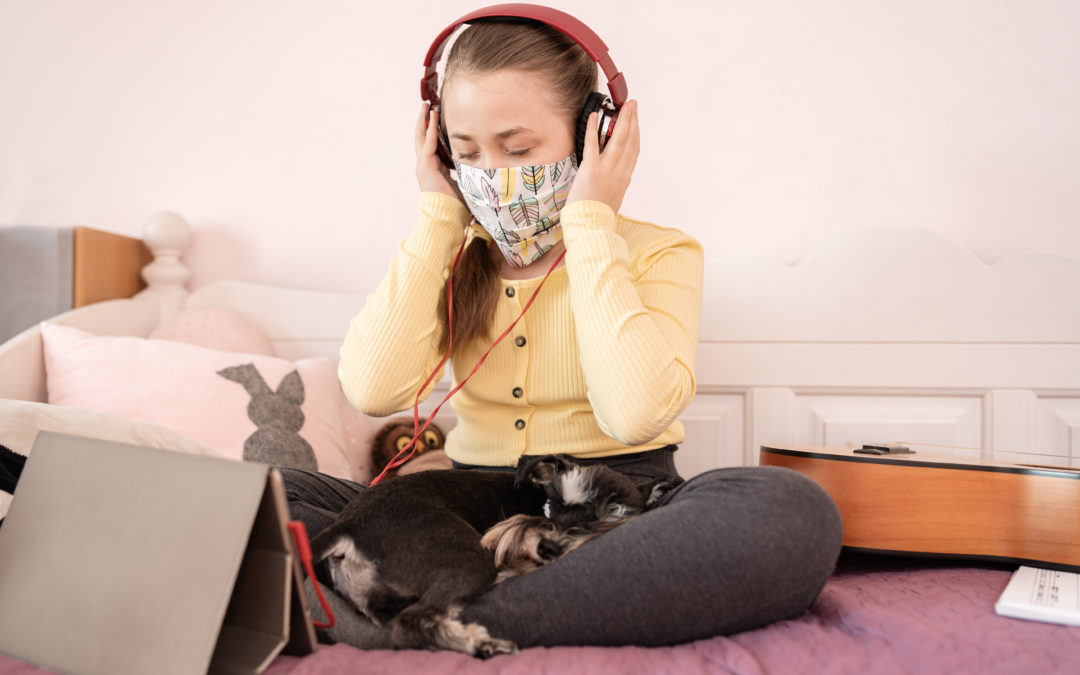
Lean On Us
In times of sorrow, how do you carry on? Do you call a loved one? Do you turn to nature? Or, is it a song that gets you through? At UMTC, we know that music can lift the spirits in a special way. In an effort to do just that, our very own Jamie Swieringa combined technology and music to bring smiles to a community of faces.
Jamie Swieringa is an employee at Upstate Music Therapy Center. Her caseload primarily resides at Midlakes Education Center (MEC) in Clifton Springs. Upon school closing in March, Jamie was inspired to utilize her craft to bring hope to her school community.
Jamie re-wrote the words to the Bill Withers classic “Lean on Me”. She changed the words to “Lean on Us” in hopes that the students and staff would be reminded of all the support present at MEC. It was her goal to foster community and let families know that MEC is there for them. The teachers and staff know how overwhelming this time is and they want to ensure families know they are supported.
Here is Jamie’s encouraging re-write:
Sometimes in our lives, we go through things, they may cause sorrow
Like not going to school, or seeing your friends
What will happen tomorrow?
Lean on us
When you’re not strong
And we’ll be your friend
We’ll help you carry on
For, it won’t be long
Until we’re going to see
Your face at school again
Please, reach out to us, if there are ideas you need to borrow
For, we all will try to meet your needs oh how we’ll help you so
You just call on me friend when you need a hand
We all need somebody to lean on
You just might have a problem that we’ll understand
We all need somebody to lean on
To implement her project, Jamie sang and played the song on Zoom. At first, she wanted everyone to sing together, but there were too many people! Instead of singing, she thought to have visuals from each participant. All the staff wrote out a message on paper to hold up such as “Stay strong”, “MEC rocks”, “Sanitize”, “We miss you”, “We love you” and “It will be okay”. The result was beautiful.
Jamie shared that this project was an emotional experience not only for the students but for the staff involved. The shared effort to bring hope to students through music was special for everyone.
Over the next couple of weeks, Jamie shared the video with her students through Zoom sessions and Class Dojo. The message eventually reached a wider audience and was featured on WHAM news Bright Spot on April 21.
Click here to check out the news story!
Music therapists understand that therapy isn’t just working on goals and objectives. We know that music is a unifying force. It brings people together, fosters community, and in times of sorrow, brings hope. Throughout this pandemic, UMTC is grateful to be part of our local school communities. It is our goal that with each music therapy session we can bring a little more joy into our student’s homes.
This blog was submitted by Katie Hall

